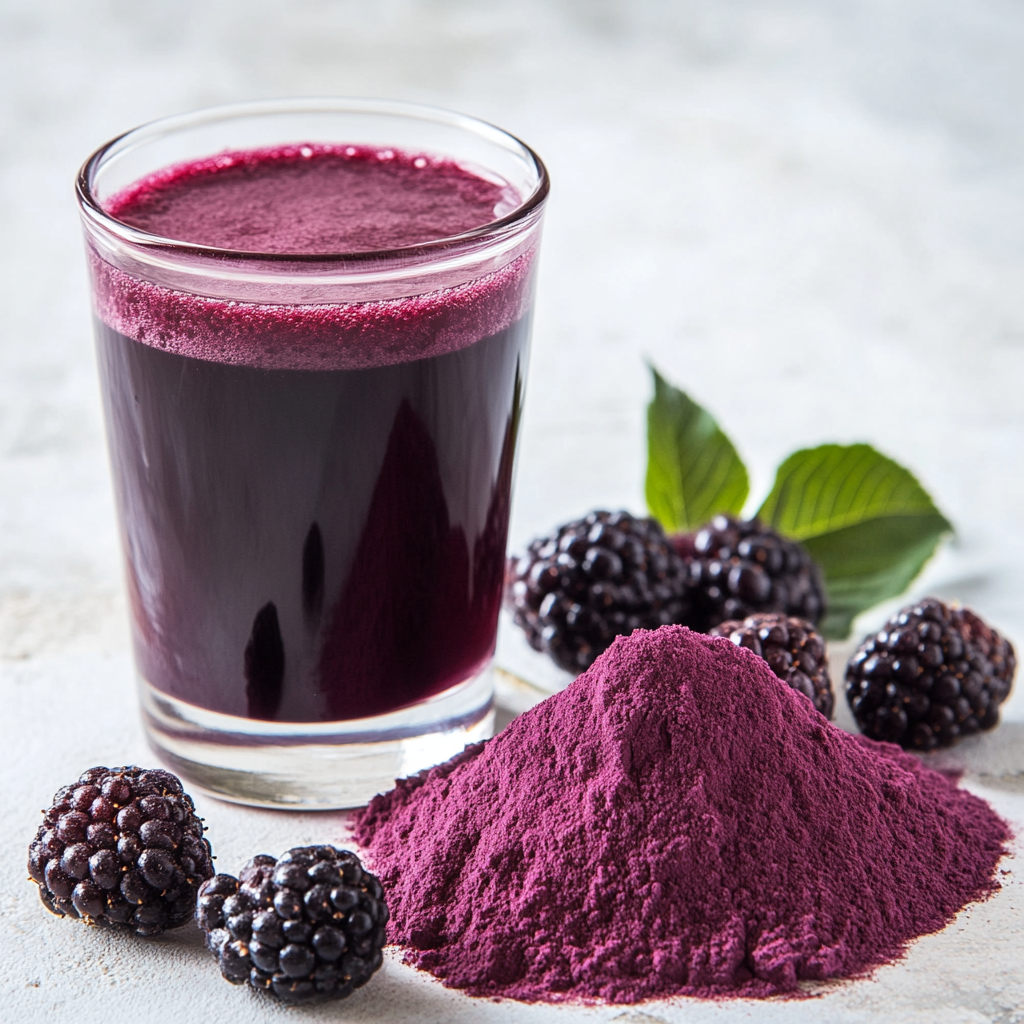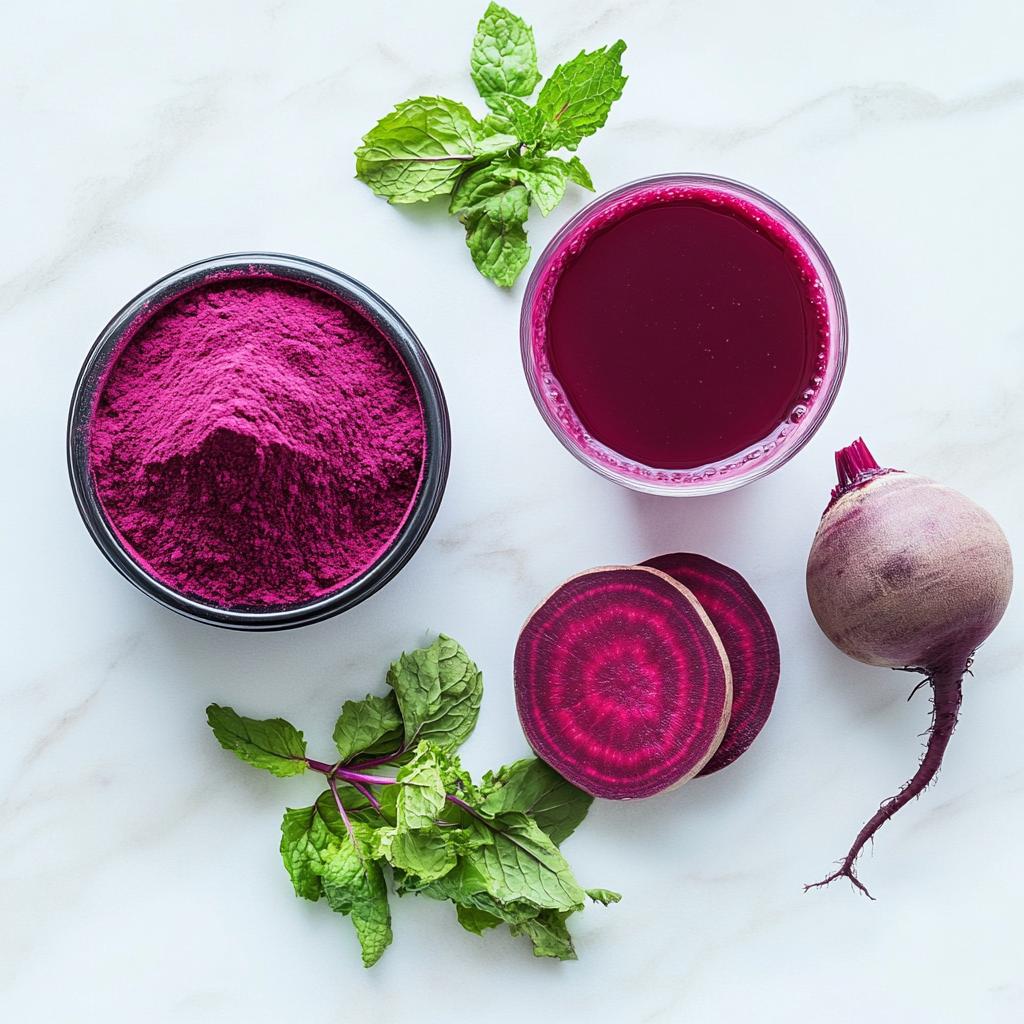Raspberries are small and delicate but pack an intense sweet tart flavor. Their distinctive taste makes them a popular fruit both fresh and as an ingredient in many creations. Across the globe, raspberries are very common in desserts. Their flavor combined with bold color makes them perfect for cake decorations, pastries, ice cream, sorbets, and many more. In any form, raspberries help cut through rich and creamy sweets. But beyond their culinary popularity, are raspberries good for your gut?
Nutritional Power of Raspberries
Raspberries are also known for their great nutritional benefits. They are low in calories but high in dietary fiber, antioxidants, and many essential nutrients like vitamin K. That’s why incorporating raspberries into your everyday diet can support digestive health and boost your immune system. Due to their extremely high-water content, they help keep you hydrated as well, especially with the combination of fluids. Also, they do contain a small number of electrolytes through minerals like potassium, magnesium, and calcium, which help with fluid regulation.
Nutritional Facts: (Raw, per 100g)
Fiber: 6.5 grams
Vitamin C: 26.2 mg
Magnesium: 22 mg
Water Content: about 86%
Antioxidants: Anthocyanins, Quercetin, Polyphenols
Gut Health Benefits of Raspberries
As you can see above, raspberries have a very high fiber content, which helps to regulate digestion, supports healthy bowel movements, and promotes microbial balance. The fiber and polyphenols in raspberries help to increase the number of “good” bacteria like Bifidobacteria and Lactobacilli, which is important in feeding the beneficial gut microbes. Also, raspberries are rich in many different antioxidants like anthocyanins and vitamin C, which reduce oxidative stress and inflammation within the gut, ultimately soothing your gut lining. Lastly, raspberry ketones are proven to help increase fat breakdown in mice. Although this is unproven in humans, the anti-inflammatory effects still benefit the gut.
Organic vs Conventional Raspberries
Organic raspberries are often preferred over conventional raspberries, especially when it comes to gut health and digestion. This is due to a couple reasons, like lower pesticide residue on organic fruits. Pesticides are harmful to the gut because they disrupt the gut microbiome and increase inflammation, reducing microbial diversity. Also, organic raspberries are simply higher in nutrients and antioxidants. Studies suggest that organic berries contain higher levels of antioxidants and vitamin C, making them a better option for health.
Best Ways to Consume Raspberries for Gut Support
Raw fruit: in meals and snacks
Juices: in smoothies, blends, or other mix-ins
Natural extractions and supplements: such as concentrated power or liquid
Also, raspberries in any form can be combined with green superfoods or magnesium rich seeds for extra gut boosting effects. Ultimately, because of their taste, raspberries can be paired with both sweet and savory dishes, adding a fresh tartness while also a healthy boost.
Scientific Research and Studies
To summarize, raspberries contain very high levels of dietary fiber, which feed the “good” types of bacteria. Also, raspberries are rich in ellagitannins and anthocyanins, which are proven to exhibit anti-inflammatory effects in the colon. This results in a decrease in oxidative stress. Next, polyphenols in raspberries help repair your gut by enhancing tight junction proteins. Additionally, the high-water content and modest levels of electrolytes make raspberries a hydrating fruit as well. Rehydration from raspberries is also beneficial for digestion and skin health, especially when paired with liquids. Finally, small clinical studies have shown that raspberries may modestly improve bowel regularity and gut comfort, due to a better microbiome composition.
Potential Side effects and Precautions
Although raspberries are generally very safe to consume, there are a couple things to avoid and precautions to be aware of. Allergic reactions are rare but possible for some individuals and symptoms may vary case by case. For individuals with a sensitive gut, the high fiber content could cause Gastrointestinal Upset, which could consist of loose stools and bloating. Those with Salicylate sensitivity may want to be cautious of overconsumption, as the excessive amounts of salicylate in raspberries could cause headaches and skin rashes.
As mentioned previously, there are also more risks to consuming conventional rather than organic raspberries. For example, the risk of pesticide exposure due to the high pesticide residue left on the fruit. Chronic exposure to these pesticides can lead to hormonal disruption, gut microbiome imbalance, and low-grade inflammation. A simple solution to this is to choose organic raspberries or wash conventional raspberries thoroughly.
Conclusion
Overall, raspberries are a great option to not only stay hydrated but also support gut health. The high fiber and antioxidants help to maintain a healthy and strong microbiome and reduce inflammation. The simple and sweet tart flavor makes them enjoyable in many ways, making it easy to integrate them into your daily culinary routine. Always ensure to maintain balance in your everyday meals and aim for an organic diet. An easy and convenient way to add all the benefits of raspberries into your day-to-day routine is through Unleash’d Organic’s raspberry powder, try it today.




Leave a comment
This site is protected by hCaptcha and the hCaptcha Privacy Policy and Terms of Service apply.